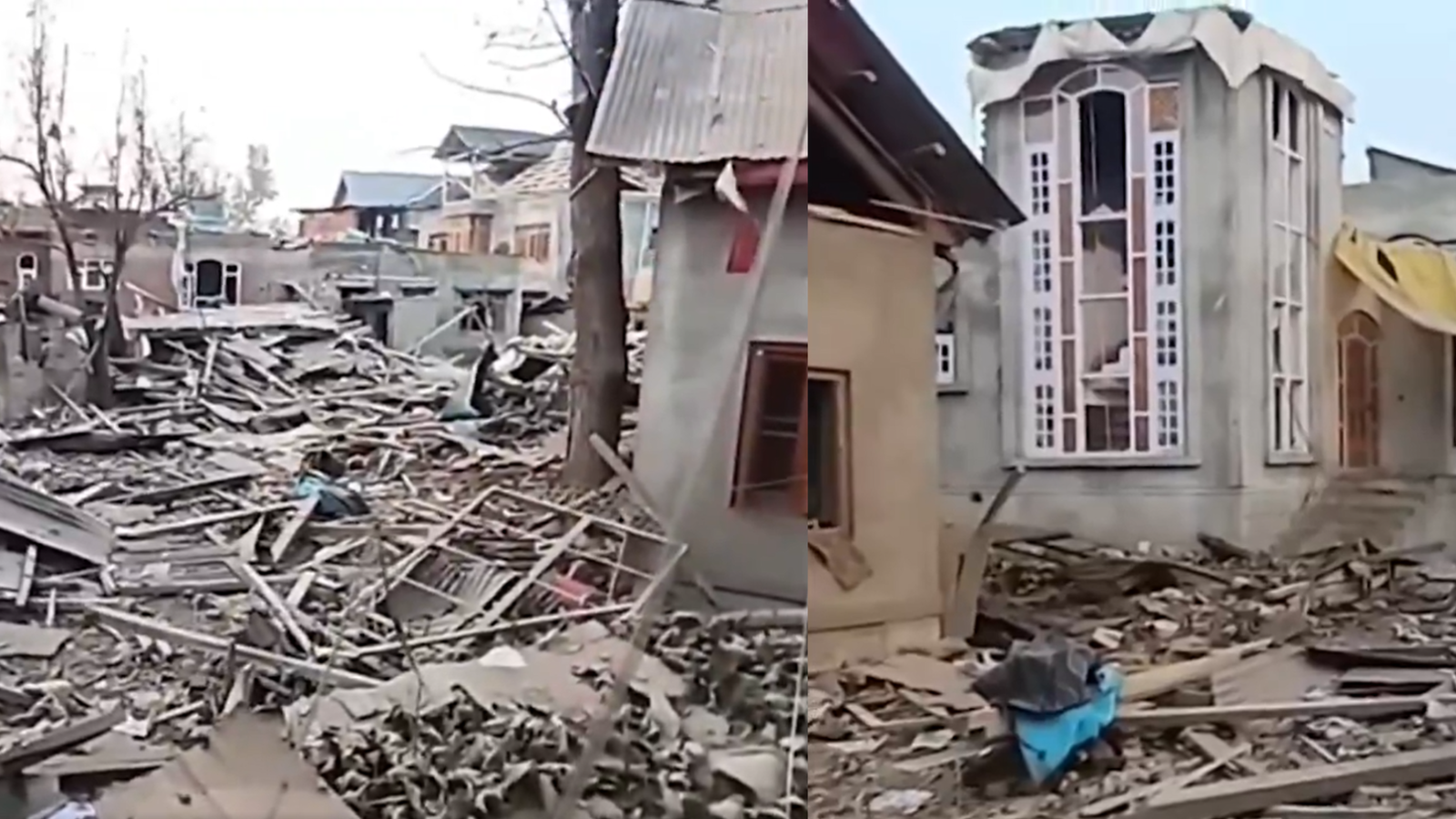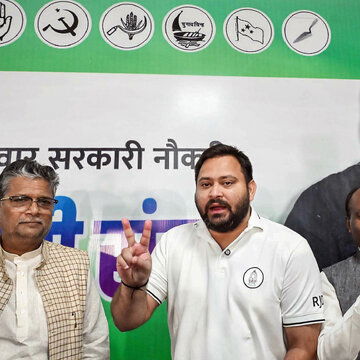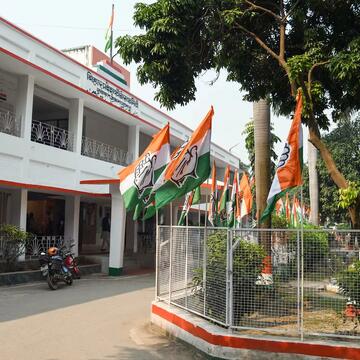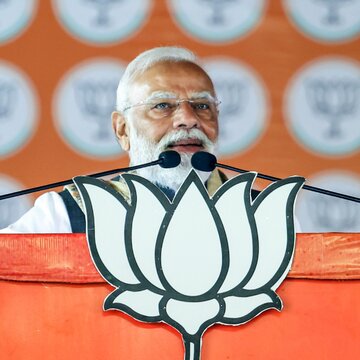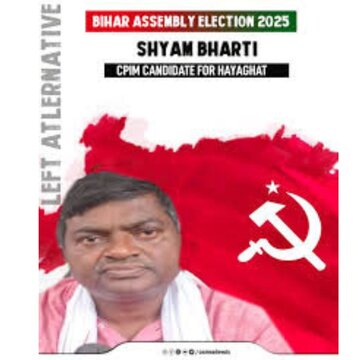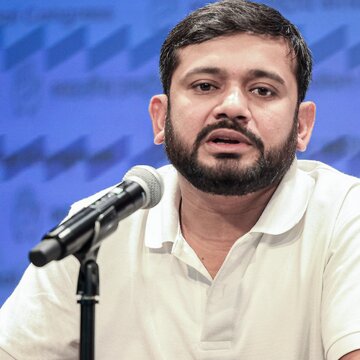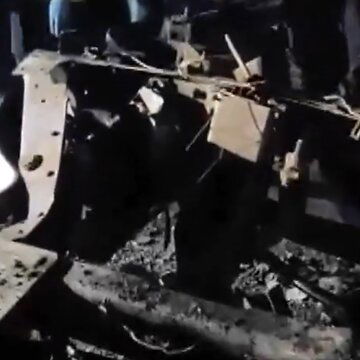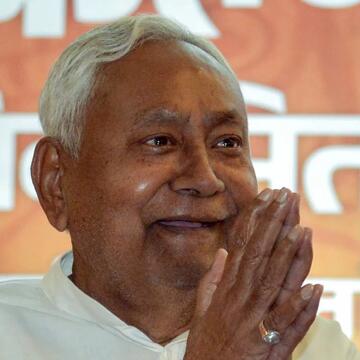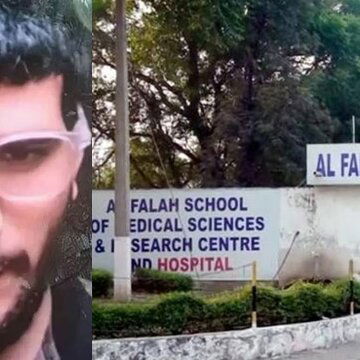On Friday, security forces conducted a controlled demolition at the Pulwama residence of Dr Umar Nabi, who is a prime suspect in this week's Red Fort explosion. The operation was carried out during the intervening night of Thursday and Friday. This forms part of the widening investigation into the car blast that killed 13 people and injured over 20 in Delhi on Monday.
House blown up with IED as probe expands
As per a report by India Today, officials said that the Pulwama house was destroyed using an improvised explosive device (IED). The investigators linked the explosive-laden Hyundai i20 used in the attack to Dr Umar, a Kashmir-based doctor. His exact role is still being investigated.
Also Read | Al-Falah students reveal Umar-un-Nabi’s ‘Taliban-style’ conduct, says forced boys, girls to sit apart
The Jammu and Kashmir Police conducted coordinated overnight raids following the blast in which six people, including three members of Umar's family, were arrested. Investigators said that Umar had kept in touch with two other Kashmir-based doctors detained earlier in connection with the Faridabad terror module, where 2,900 kg of explosives had been seized.
Umar's identity was confirmed after DNA samples collected from the blast site matched those of his mother.
Probe traces two-year drift into radical online circles
As per the India Today report, authorities said Dr Umar was a bright and academically promising doctor in his locality until he seemed to drift into hard-line circles two years ago. Investigators also mentioned that he had been a part of several radical messaging groups on social media.
According to officials, Umar, along with Dr Muzammil Ahmad Ganaie and Dr Shaheen Shahid, relied on the Switzerland-based encrypted platform Threema to plan parts of their suspected operation. Umar had also created a small group on Signal to coordinate specific tasks.
Also Read | How Delhi Police traced Red Fort blast to Dr. Umar Nabi, a detailed rundown
Funding trail and fertiliser purchases
India Today reported that the police said the three had amassed more than Rs 26 lakh, which was given to Umar to fund the plan. According to the investigation, the money was spent on buying close to 26 quintals of NPK fertiliser, costing around Rs 3 lakh, from suppliers in Gurugram, Nuh and surrounding areas. NPK, mixed with other chemicals, is a common ingredient for IEDs.
Sources told PTI that about eight suspects were planning to split into pairs to carry out coordinated blasts in four cities.


